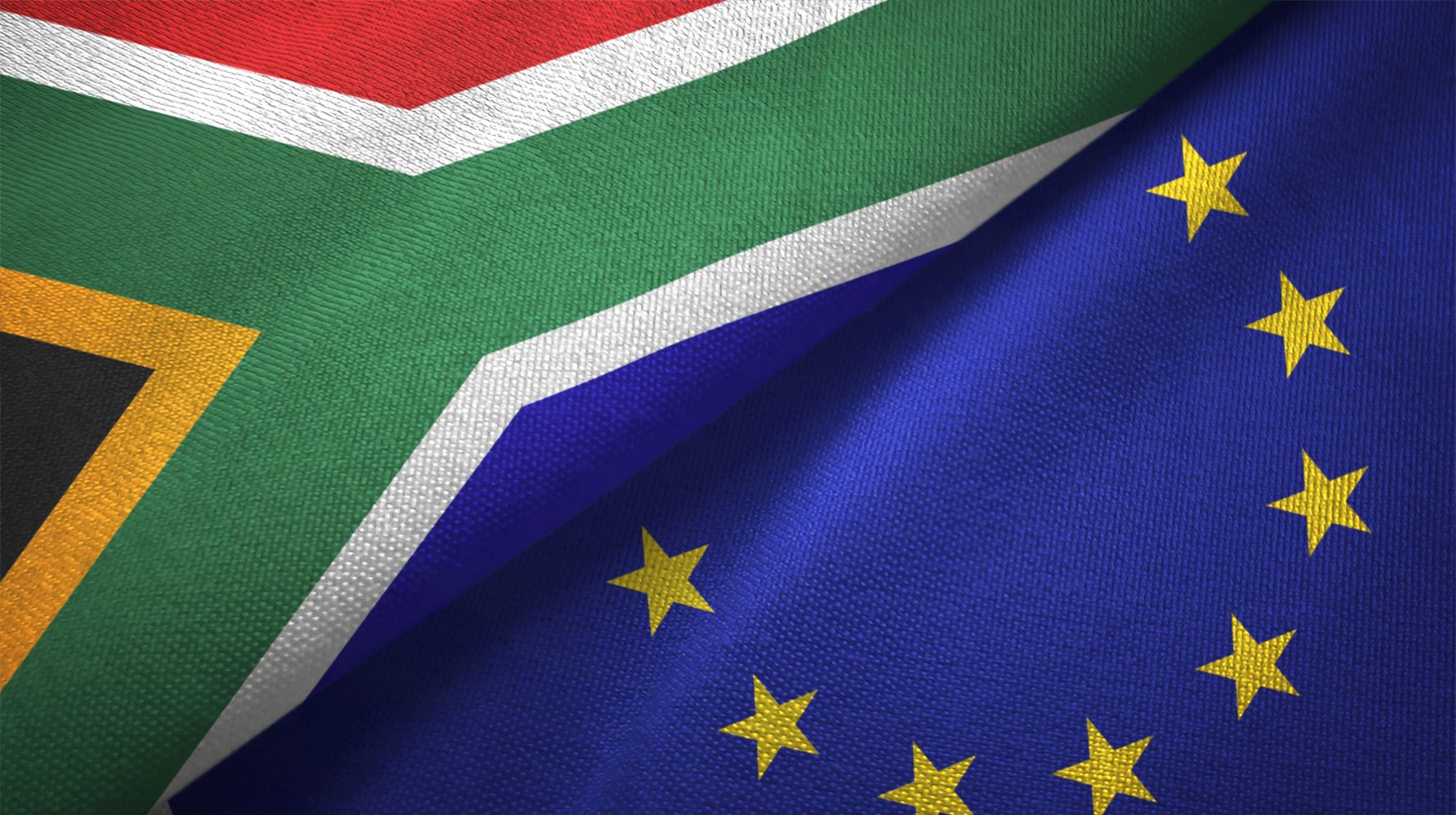The EU is an important trading partner for local farmers who exported about US$2.5 billion worth of agricultural products to the EU in 2023.
South Africa’s agricultural exports to the EU will soon have to adhere to stricter environmental and sustainability requirements due to the EU Green Deal aimed at mitigating the effects of climate change and environmental degradation.
The National Agricultural Marketing Council (NAMC) says in a statement that the phenomenon of climate change is increasingly threatening food systems and their resilience.
“The increasing temperatures, variable rainfall patterns and other extreme weather events, such as droughts, floods, heatwaves and cyclones contribute to the reduction in agricultural yields, disrupting food supply chains and displacing communities.”
The severity of climate change is expected to worsen and expose millions of people at risk of extreme levels of hunger, poverty and malnutrition by 2050.
In response to climate change and environmental degradation and to mitigate its effects while promoting environmental sustainability, the 27 member states of the European Union (EU) enacted the EU Green Deal in December 2019.
The European Union Green Deal is an ambitious plan aimed at achieving climate neutrality and sustainable economic growth in Europe by 2050.
ALSO READ: Steenhuisen sees Germany as strategic partner in agriculture
Stringent environmental and sustainability requirements for agricultural exports
The NAMC says as a result of these interventions, South Africa’s agricultural export dynamics for the EU will potentially undergo significant shifts due to the stringent environmental and sustainability requirements of the EU Green Deal.
“While the EU remains a vital trading partner, accounting for substantial export growth, compliance with the Green Deal’s mirror clauses is imperative for maintaining access to this market.”
According to the NAMC, adapting to these policies offers challenges as well as opportunities for South Africa’s agricultural sector.
“Exporters must innovate and align with sustainability standards to ensure long-term competitiveness. Strategic responses to these regulations will determine the future resilience and growth of South Africa’s agricultural trade with the EU.”
South Africa’s agricultural exports to the EU have been exhibiting an increasing trend over the past decade and this has also resulted in a rather increasing trade balance, although South Africa has also increased its agricultural imports from this region.
In 2023, South Africa exported about US$2.5 billion worth of agricultural products to the EU while imports were valued at US$2.19 billion. Exports recorded a 51% growth rate while imports grew by 34%, the council says.
ALSO READ: European Union postpones its cocoa regulation for next year
SA agricultural exports to EU grew by 57% since 2026
The NAMC notes that since the enactment of the Southern African Development Community – European Union Economic – Partnership Agreement (SADC-EU-EPA) in 2016, South Africa’s export of agricultural products grew by 57% and its imports by 48%.
This is due to the fact that as part of the SADC-EU-EPA, the EU eliminates custom duties on approximately 98.7% of imports from South Africa, while members of the Southern African Customs Union (including South Africa) also remove custom duties on about 86% of imports from the EU.
The NAMC says that several countries willing to trade with the EU must align with the set of policies applicable to the EU producers due to the mirror clauses in the EU Green Deal climate policies.
“This essentially means that countries like South Africa are compelled to adhere to new regulations to continue accessing the European Union’s lucrative market.
“Consequently, given that the EU is one of South Africa’s biggest trading partners in terms of agricultural trade, South African exporters to the EU will need to adapt to this change, to ensure their long-term competitiveness in this changing market.”
The stricter requirements will probably involve wages, environmental regulations, the well-being of the climate and animals and the use of herbicides and pesticides.
